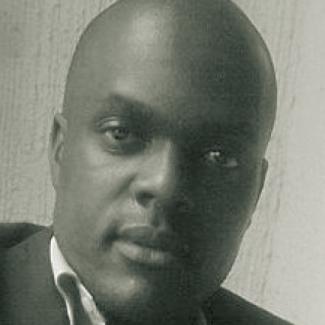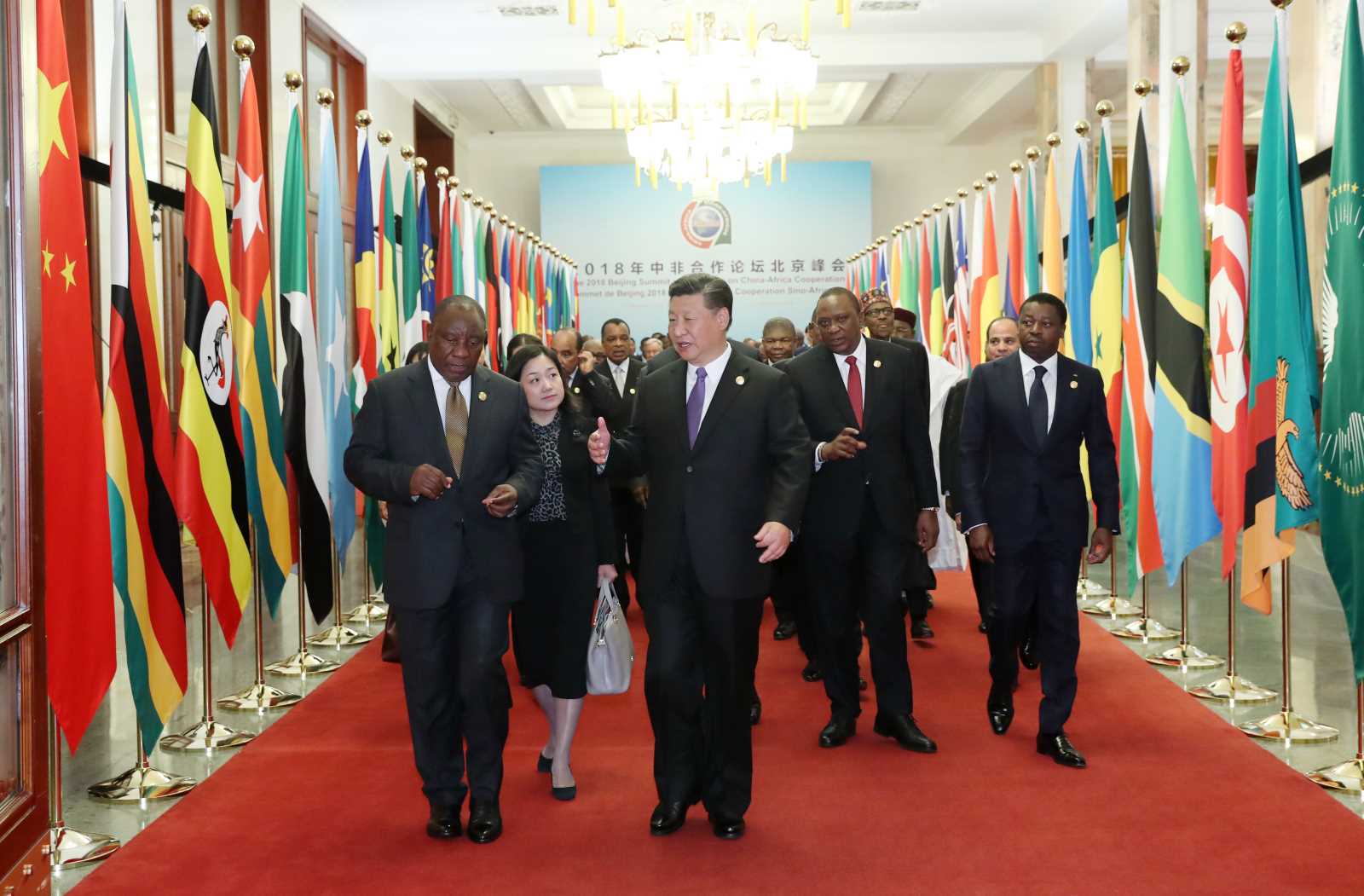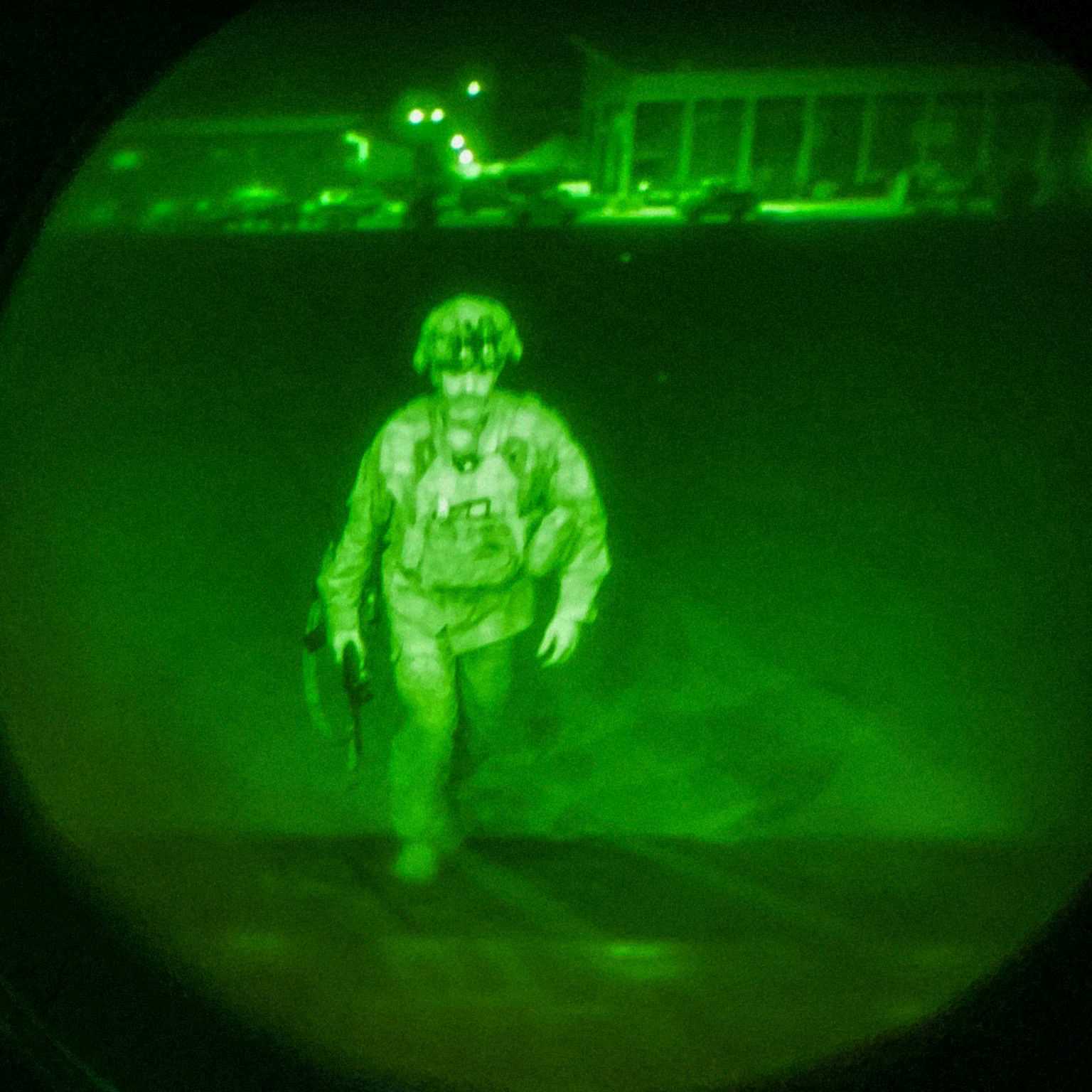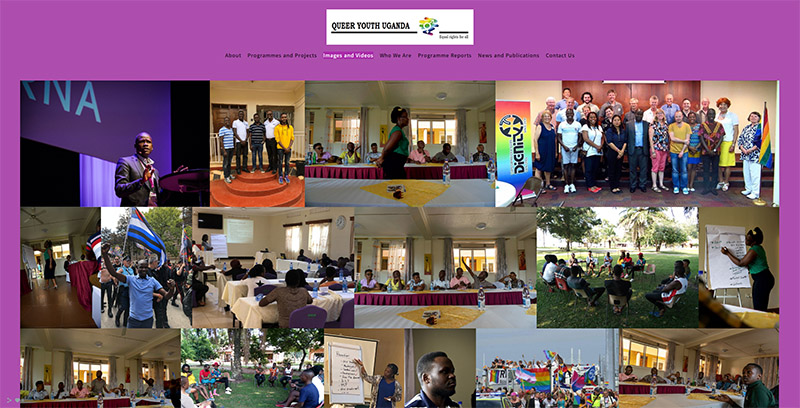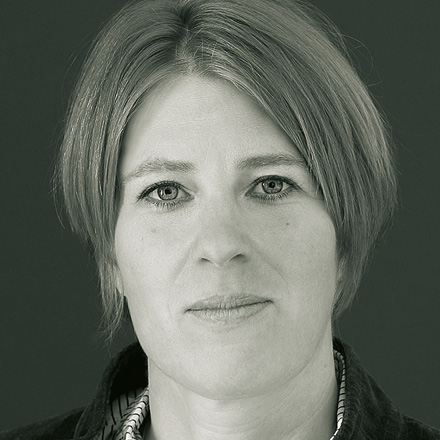Governance
Unconvincing rebranding efforts
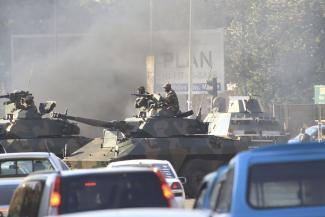
The elections themselves were peaceful. It was the first time that Robert Mugabe was not on the ballot. The independence leader had run the country as prime minister from 1980 to 1987 and as president from 1987 to 2017. He used to have an iron grip on his party, the Zimbabwe Africa National Union – Patriotic Front. His rule was marked by economic decline and brutal political repression.
ZANU-PF has close ties to the military, the top brass of which disagreed with Mugabe’s plans to be succeeded by his wife Grace Mugabe. Therefore, the army toppled him in a coup last year. Emerson Mnangagwa became the new president and called elections in order to get democratic legitimacy. For many years, he had been Mugabe’s vice president. When Mugabe fired him to make way for his wife, the military stepped in.
Zimbabwe’s other big party is the Movement for Democratic Change (MDC). Morgan Tsvangirai, who died of cancer this year, used to be its leader. He won international fame when he beat Mugabe in the first round of the elections in 2008. Back then, ZANU-PF gangs launched violent attacks on MDC supporters, several of whom died. In view of such repression, Tsvangirai dropped out of the race, so Mugabe remained president. As ZANU-PF did not have a majority of seats in parliament, an awkward coalition followed, with Tsvangirai serving as prime minister.
As prime minister, Tsvangirai managed to bring hyperinflation under control, but the people did not give him credit. In the presidential and parliamentary elections of 2013, Mugabe and ZANU-PF triumphed once more. Nobody had any doubt about the regime’s autocratic tendencies.
After Mugabe’s downfall, Mnangagwa promised free elections. Indeed, debate seemed free, and politicians from the different parties interacted peacefully with one another in the big cities. In remote rural areas, however, military officials were intimidating villagers, demanding that everyone vote for ZANU-PF. Only few people had the courage to speak up, so the general public only became aware of such action rather late. The military’s ploy worked out, and ZANU-PF won most rural constituencies.
After the elections on 30 July, the results were not announced for two days. Protesters began swarming the capital city of Harare, castigating the Zimbabwe Electoral Commission (ZEC). The riot police was overwhelmed and fast got support from heavily armed soldiers. The troops shot at civilians, killing six people. It was striking, moreover, that Priscilla Chigumba, the ZEC chairperson, did not show up in public, even though other members did. Rumours about election rigging spread fast. Fuelling the flames, security forces harassed journalists who wanted to attend a press conference held by Nelson Chamisa, the MDC Alliance’s presidential candidate.
Eventually, the Election Commission announced that the ZANU-PF had won 145 of 210 seats in parliament. It did not inspire trust that the results of the presidential elections were still not published. At last, Chairperson Chigumba, appeared in public and declared that Mnangagwa had won. Opposition leader Chamisa spoke of fraud and turned to the Constitutional Court on 10 August. The Election Commission fast declared that his complaint was not valid for various formal reasons.
Few Zimbabweans believe that the judges will thwart President Mnangagwa. Most likely, he and his party will cling to power for another five years. People are used to official procedures not being transparent, and the repression of protests fit the established pattern of the Mugabe era. Many had hoped there would be real change and an economic upswing. They are aware of the donor community shunning Mugabe because of his poor governance. In the light of recent events, however, they know that Mnangagwa’s rebranding efforts look unconvincing.
Jeffrey Moyo is a journalist who lives in Harare.
moyojeffrey@gmail.com
